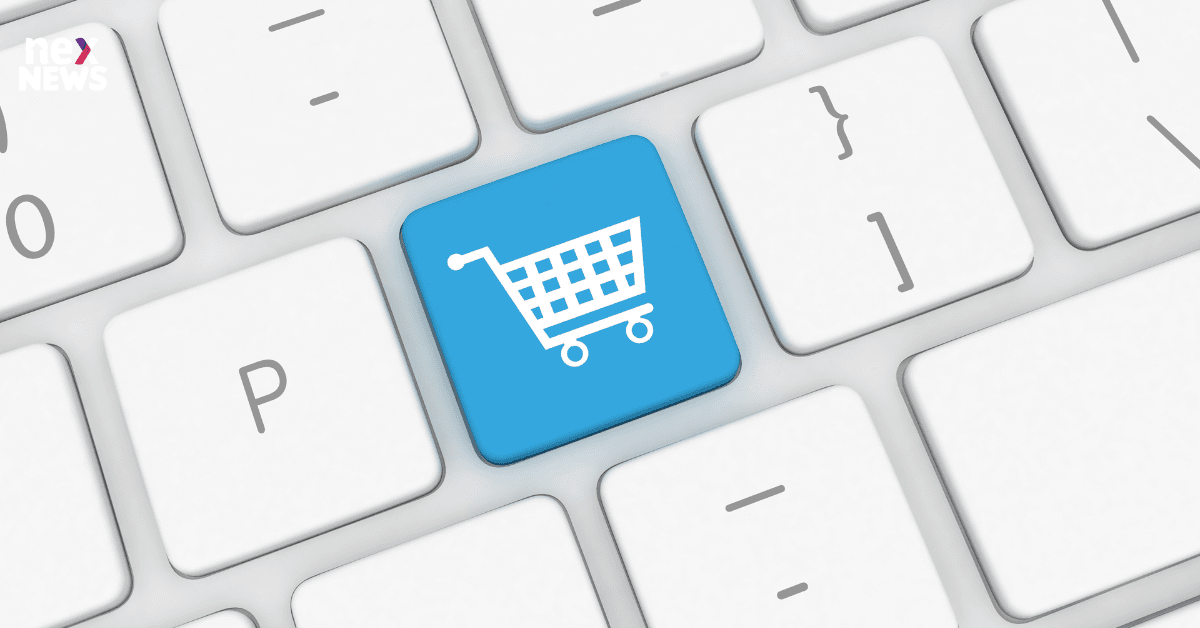Introduction
Ecommerce Email Automation has redefined the way online businesses approach marketing. This article delves into the realm of Ecommerce Email Automation, providing insights into how businesses can harness this technology to deliver personalized marketing messages at scale, enhance customer engagement, and drive sales growth.
The Evolution of Ecommerce Email Automation
Ecommerce Email Automation has become a cornerstone of digital marketing:
Personalization at Scale
Automation enables businesses to send tailored messages to individual customers or segments.
Enhanced Engagement
Automated emails can trigger timely and relevant interactions, increasing customer engagement.
Efficiency and Consistency
Automation streamlines marketing efforts, ensuring consistent messaging and freeing up resources.
Strategies for Ecommerce Email Automation
Let's explore strategies to make the most of Ecommerce Email Automation:
1. Segmentation
- Segment your email list based on customer behavior, demographics, and preferences to send targeted content.
2. Personalization
- Use customer data to personalize emails, including product recommendations, personalized subject lines, and dynamic content.
3. Behavioral Triggers
- Set up automated triggers based on customer actions, such as abandoned cart reminders or post-purchase follow-ups.
4. Drip Campaigns
- Develop drip campaigns that nurture leads and guide customers through the sales funnel.
5. A/B Testing
- Continuously test email elements like subject lines, content, and visuals to optimize performance.
6. Mobile Optimization
- Ensure that emails are mobile-friendly, as many users access emails on mobile devices.
7. Analytics and Metrics
- Monitor email performance using analytics and adjust strategies based on data insights.
8. Compliance
- Stay compliant with email marketing regulations, such as CAN-SPAM or GDPR, to avoid legal issues.
Challenges in Ecommerce Email Automation
Implementing Ecommerce Email Automation can present challenges:
- Data Quality: Ensuring accurate customer data is crucial for personalization.
- Content Relevance: Creating relevant content for different segments requires effort.
- Automation Setup: Setting up automated workflows can be complex.
The Impact of Email Automation
Ecommerce Email Automation can have a profound impact on your marketing efforts:
- Increased Engagement: Personalized and timely emails lead to higher open and click-through rates.
- Boosted Sales: Nurturing leads and re-engaging customers can result in increased sales.
- Cost Efficiency: Automated emails save time and resources in the long run.
- Customer Loyalty: Relevant and consistent communication builds trust and loyalty.


POST A COMMENT (0)
All Comments (0)
Replies (0)